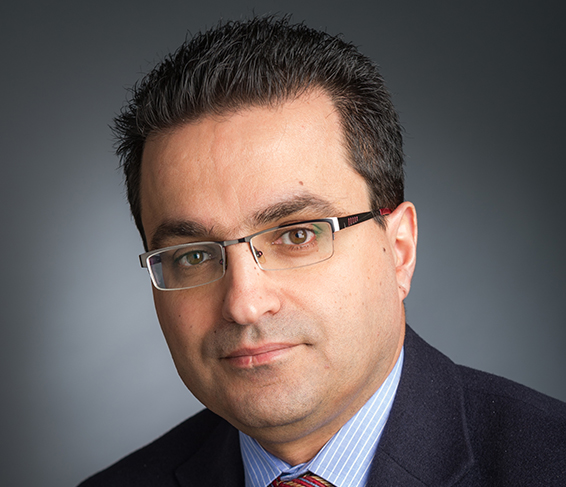- Getting vaccines at scheduled intervals is the best way to develop immunity and prevent disease.
- Most vaccines can be administered on a flexible timeline if the originally recommended timeline is missed. If you were forced to delay receiving a vaccine due to COVID-19, be sure to reschedule the appointment.
Vaccines play a vital role in helping to keep us safe. They work by introducing our bodies to a weakened or modified version of a particular virus (such as measles, mumps, etc.). This allows our immune system to produce antibodies — proteins used by the immune system to attack and destroy foreign substances — in order to develop immunity to the disease.
Part of what makes all vaccines so essential is that they prevent diseases from ever happening in the body, instead of treating or curing them later on.
There are two known vaccines that can actually help prevent certain cancers from forming: vaccines for the human papillomavirus and hepatitis B.
“There are very few vaccines that can prevent cancer, making both essential,” says Robert Haddad, MD, chief of the Division of Head and Neck Oncology at Dana-Farber/Brigham and Women’s Cancer Center. “It is an important intervention for cancer and precancer that helps protect both yourself and your partner.”
HPV vaccine
Human papillomaviruses (HPV) are a group of more than 200 related viruses that can cause abnormal tissue growth and other changes to cells.
Almost all cervical cancer is caused by HPV. Additionally, HPV can result in the development of some cancers of the vulva, vagina, penis, anus, and oropharynx (the back of the throat, including the base of the tongue and tonsils).
On June 12, 2020, the U.S. Food and Drug Administration approved the HPV vaccine Gardasil 9 for the prevention of oropharyngeal and other head and neck cancers. The vaccine is already recommended for the prevention of cervical, vulvar, vaginal and anal cancer in both females and males. The FDA’s latest approval extends the vaccine’s indication to include the prevention of head and neck cancers.
Two doses of the HPV vaccination are recommended for all children 11 to 12 years old, but can be started as early as the age of nine. Children can still receive the vaccine later on, but may need three doses instead of two. There are not formal recommendations surrounding administration of the HPV vaccine for adults ages 27 to 45. The vaccine is not currently recommended for those who are pregnant.
According to the Centers for Disease Control and Prevention, the HPV vaccine has helped to significantly lower the number of HPV infections and cervical precancers (abnormal cells on the cervix that can lead to cancer).
Hepatitis B vaccine
Hepatitis B (HBV) is a viral infection that results in inflammation of the liver. A chronic hepatitis B or hepatitis C infection increases the risk of developing liver cancer. From 2003 to 2012, approximately 65% of liver cancer cases in the United States were related to hepatitis B or C, according to the CDC.
The hepatitis B vaccine is recommended for everyone, starting at birth, unless you have had a serious allergic reaction to a prior dose. It is believed that healthy individuals who receive the vaccination after six months old are immune to the disease for at least 30 years.
As of now, there is no vaccine for hepatitis C. However, hepatitis C is curable, and if you are diagnosed, you should not delay treatment.
Receiving vaccines during COVID-19
Getting vaccines at scheduled intervals is the best way to develop immunity and prevent disease.
Most vaccines can be administered on a flexible timeline if the originally recommended timeline is missed. If you were forced to delay receiving a vaccine due to COVID-19, be sure to reschedule the appointment.
“The delivery of routine primary care has been challenged during the COVID-19 quarantine; however, timely receipt of vaccinations remains a priority,” says Allison O’Neill, MD, clinical director of the Pediatric Solid Tumor Program at Dana-Farber/Boston Children’s Cancer and Blood Disorders Center. “There are so few cancers we understand the etiology for — if there is a means by which to decrease the incidence of cancers with a known causative factor, it is worth our focus.”
Many hospitals and physician offices are taking additional precautions to protect patients from COVID-19. If you have specific questions, be sure to contact your primary care physician or your child’s pediatrician.
About the Medical Reviewer

Dr Haddad received his MD Degree from St. Joseph University French School of Medicine in Beirut. He completed his residency in internal medicine at St Luke's Roosevelt Medical Center in New York City, and completed a fellowship in hematology oncology at the University of Maryland Cancer Center in Baltimore.
